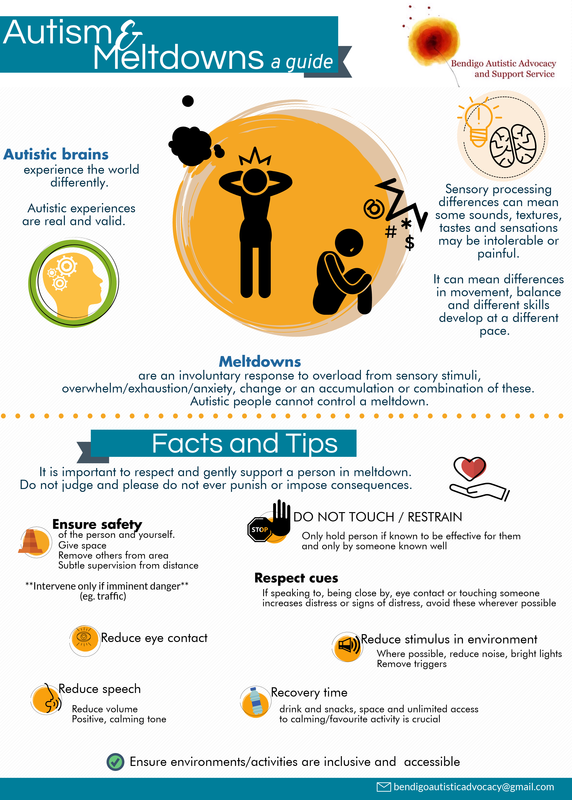
Phobias: People with phobias may ruminate on their fears, especially when they encounter the source of their phobia. To relieve these thoughts, they may engage in rituals, such as checking door locks, cleaning, or counting. Obsessive-compulsive disorder (OCD): People with OCD may feel overwhelmed by intrusive thoughts about things that could go wrong. Or they might ruminate more generally, continually scanning their mind for things that might go wrong. For example, they may obsess over a belief that they are unworthy, not good enough, or doomed to fail.Īnxiety: People with anxiety may ruminate on specific fears, such as the idea that something bad will happen to their family. In an article from Medical News Today, these examples of mental health issues and rumination were given.ĭepression: A person with depression may ruminate on very negative or self-defeating thoughts. Many mental health conditions can cause rumination, but rumination may also intensify the symptoms of some pre-existing conditions.

It is also associated with poorer functioning, including more depression symptoms and overall emotional and behavioral dysregultion. Social anxiety could also lead to anger rumination, which in turn could lead to hostility or expressions of anger.Īnger rumination is also positively correlated with autism symptom severity. Rumination may inhibit the use of cognitive control strategies such as reappraisal (being able to assess something or someone again or in a different way) and problem solving, due to the prolongation of emotional distress.Īnger rumination can deplete self-regulatory resources, leading to reduced behavioral inhibition (Kashdan et al., 2009). More generally, rumination represents a maladaptive form of emotion processing that entails remaining focused on the stressor through repetitive and passive dwelling upon distress, past mistakes, regrets, and short-comings (Nolen-Hoeksema 1991 Nolen- Hoeksema et al.

What is anger rumination?Īnger rumination is a cognitive-emotional process referring to the tendency to dwell on frustrating experiences and recall past anger experiences (Sukhodolsky et al.

That “something” could be anger rumination. Have you ever experienced challenging behavior like a meltdown, hostility, anger, or aggression when supporting a person with autism spectrum disorder (ASD)? Did the incident seem to come out of the blue? More than likely, there was a trigger that you didn’t notice or something that was building for a period of time.


 0 kommentar(er)
0 kommentar(er)
